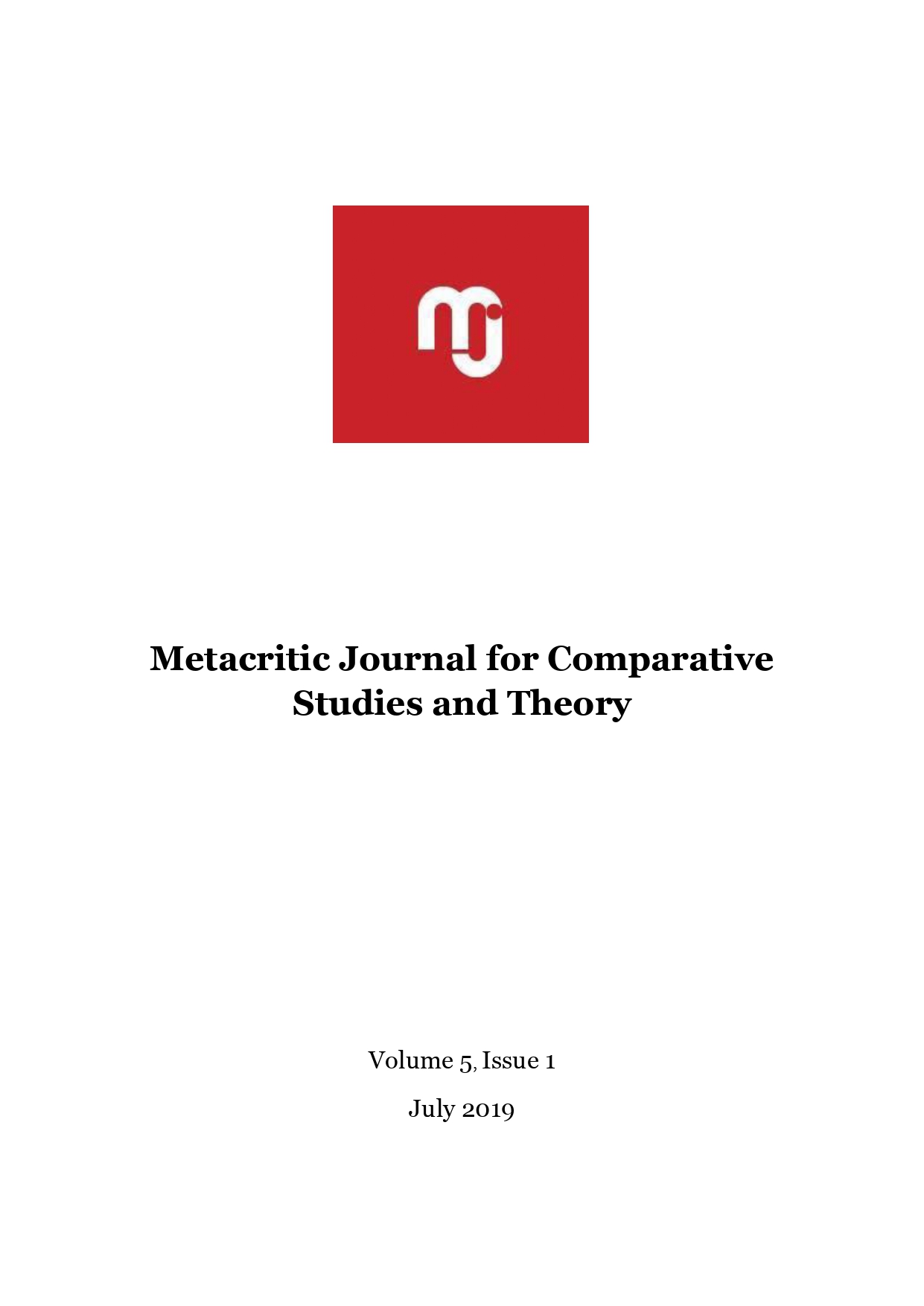Matabeleland and the Rulers’ Political Sins: Defining Subversive Art in Zimbabwe
Matabeleland and the Rulers’ Political Sins: Defining Subversive Art in Zimbabwe
Author(s): Khanyile MlotshwaSubject(s): Politics / Political Sciences, History, Theatre, Dance, Performing Arts, Visual Arts, Social history, Recent History (1900 till today)
Published by: Universitatea Babeş-Bolyai
Keywords: visual art; postcolonial studies; theater; decolonial studies; subversive art;
Summary/Abstract: Zimbabwe has a culture of protest art in theater with a long history that goes back to the country’s independence from British colonial rule in 1980. However, a culture of subversive art in other artistic genres, such as visual arts, has emerged in recent years. This paper focuses on the fate of two art events, a theatre play and a visual arts exhibition, both closed down and banned in Bulawayo, the country’s second largest city, which is also regarded as the country’s cultural capital. In 2007, The Good President, a play by the Zimbabwean playwright and theatre director and producer Cont Mhlanga, was stopped from running in the city and banned from stage in the country (Mwando 1). This is despite the fact that the play had had an unhindered run in Harare, the capital city, where it had premiered. In 2010, visual artist and painter, Owen Maseko’s exhibition focusing on the 1983 – 1987 Gukurahundi genocide was shut down (Sokwanele 1, Ncube and Siziba 233, Mpofu 60). The closing down of his exhibition and the closing off of that section of the gallery that housed his exhibition symbolised that Matabeleland, as a region, is still a crime site. Located within anti-colonial – postcolonial and decolonial - theoretical lenses, in this paper, I read the two events around the aborted staging of the two arts events to consider definitions and self-definitions of subversive art (Wiseman and Yuedi, Sulieman, Cohen 69) in Zimbabwe. In that the Matabeleland region has always been characterised as the hotbed of opposition politics, I ask the question of why art produced and performed in Matabeleland is viewed with suspicion by the country’s rulers.
Journal: Metacritic Journal for Comparative Studies and Theory
- Issue Year: 5/2019
- Issue No: 1
- Page Range: 77-95
- Page Count: 19
- Language: English

